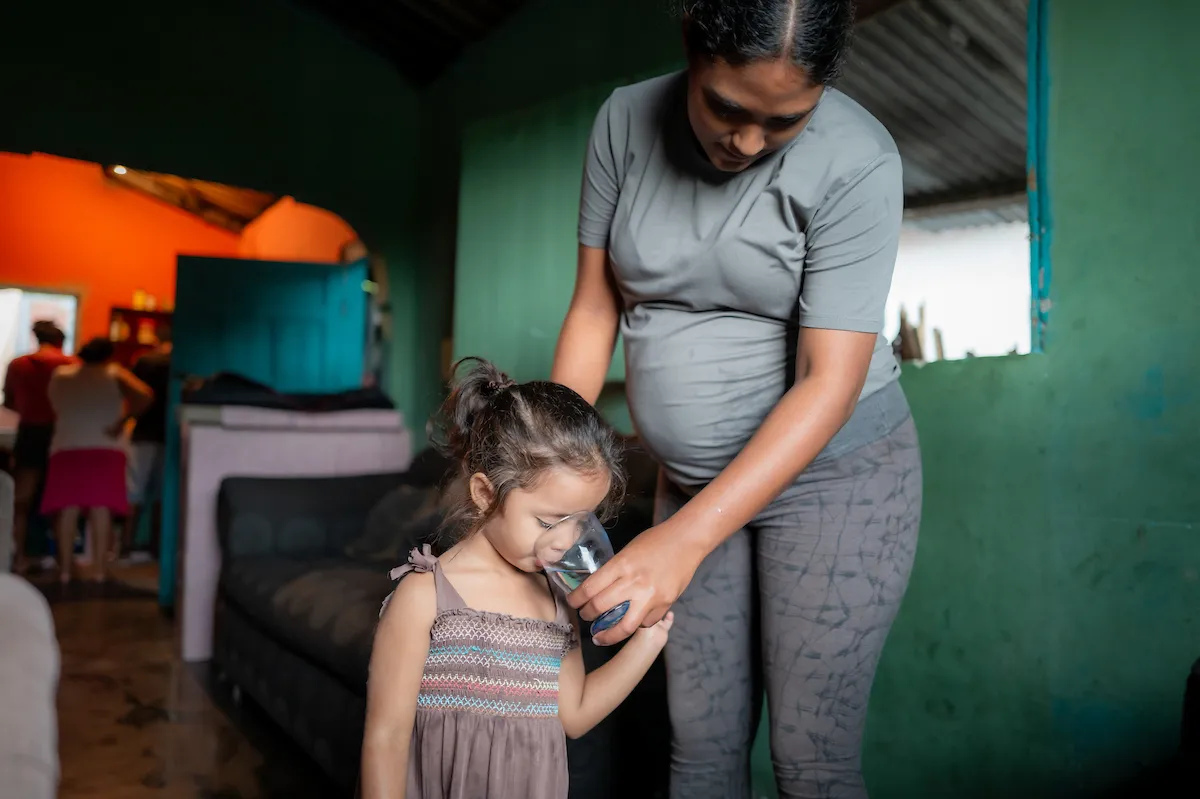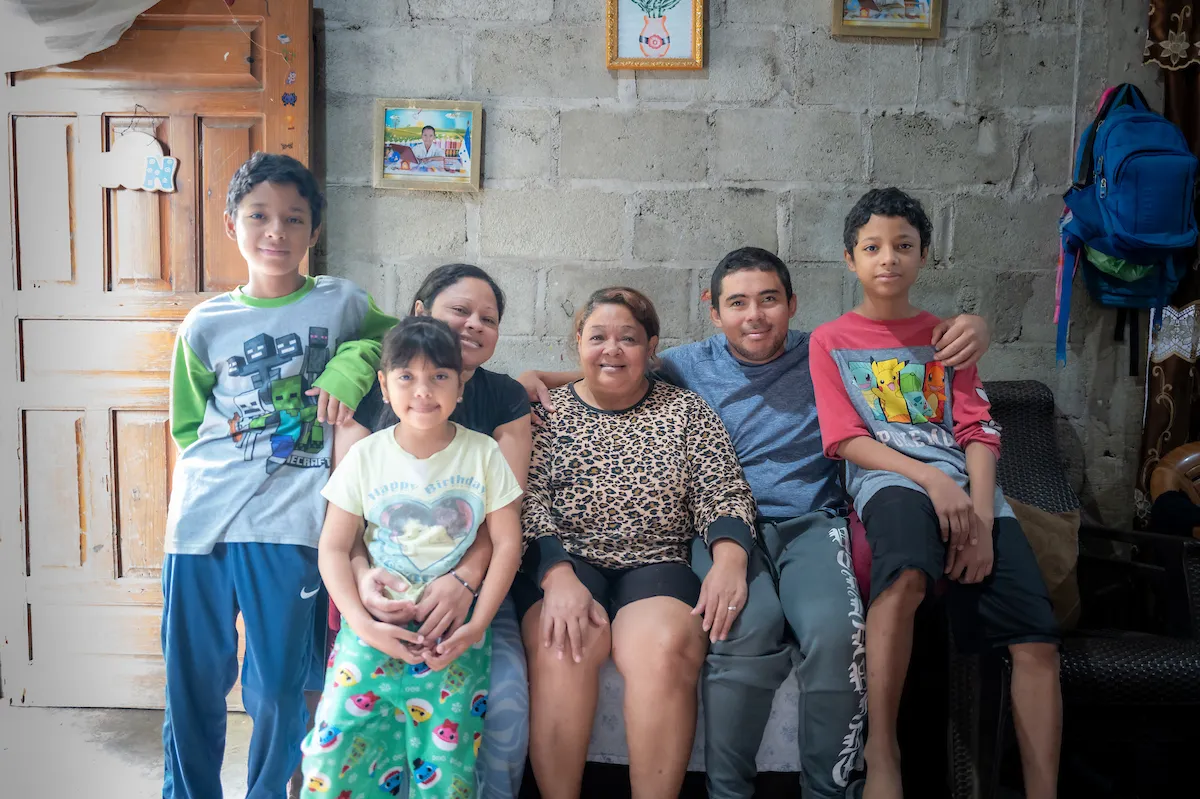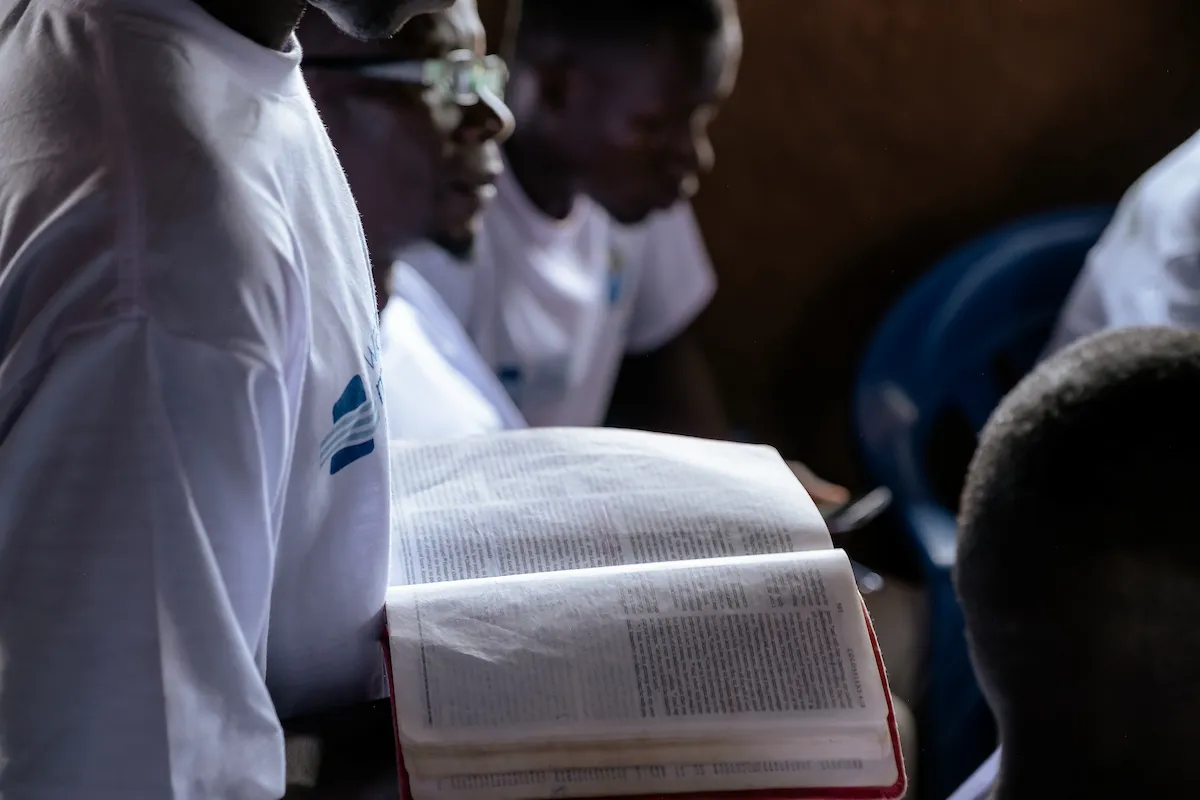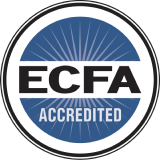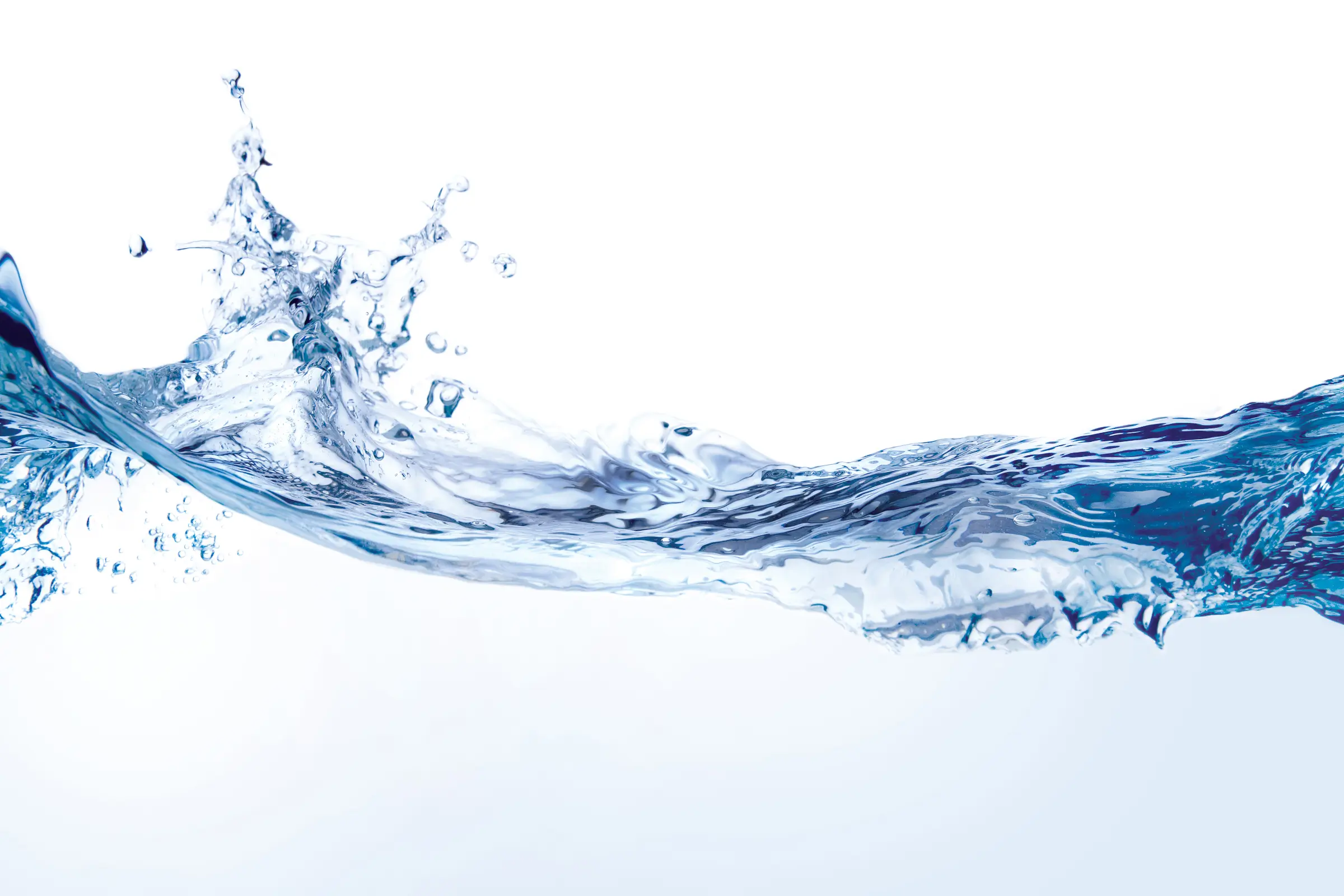When I woke up for my classes this morning, I brushed my teeth, took a hot shower, and made a cup of coffee as a “reward” for having spent the previous night studying for an exam. Even when classes are difficult, my morning routine is pretty easy.
A few months ago, a young girl on the other side of the world woke up to get ready for her own classes. She began her daily routine by going to fetch water for her family from the borehole, although it would likely make them ill and weak. The queue at the borehole in her community of Kabira, Uganda, was often long and fights would break out among the children, each attempting to gather water quickly in hopes of being able to attend school that day. This particular day, an extremely violent fight erupted, and the young girl was kicked so powerfully that she was rushed to the hospital, where she soon passed away.
An innocent child lost her life in an attempt to gather unsafe water for her family, knowing it to be their only hope of survival. Women in Kabira have experienced equally severe and sometimes fatal violence at the hands of their husbands, who suspected them of committing adultery because of the unreasonable amount of time it takes to gather water from the community borehole.
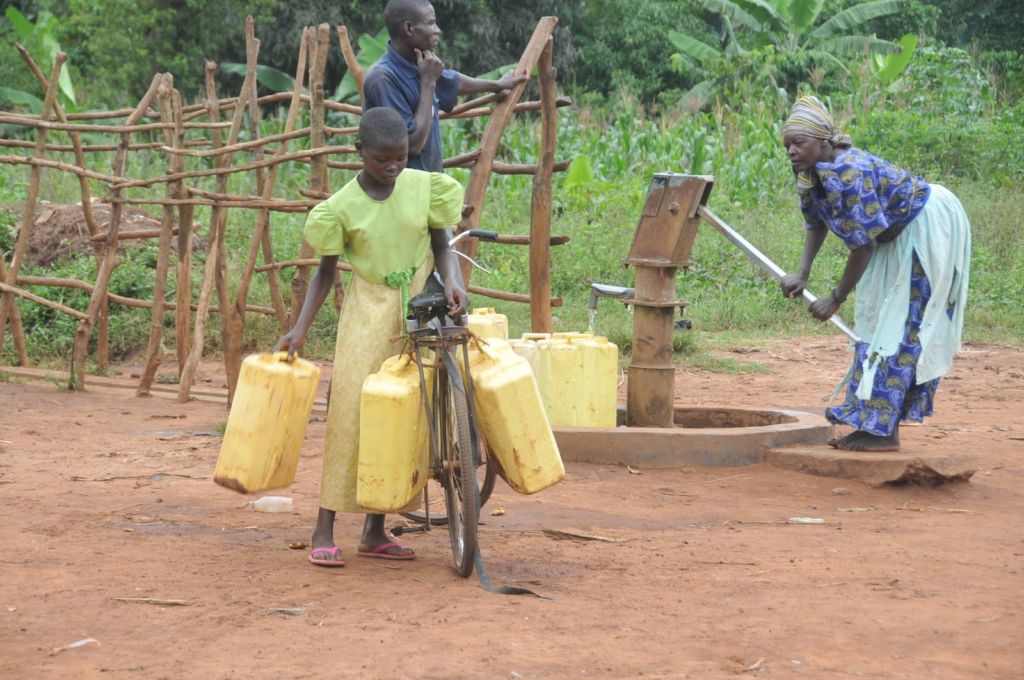
 Children gather water from local sources in Kabira before the safe water project.
Children gather water from local sources in Kabira before the safe water project.
Retrieving water often took up to six hours a day for women and children, leaving very little time for studies and small businesses. The water available carried rampant diseases — diseases that permeated the small community and depleted already meager monthly incomes in order to pay medical expenses. According to community leader Mugowa Abdu, children only “washed once a week to economize on water because they feared being told to bring more water.” The borehole in Kabira broke down consistently, and residents were often forced to resort to gathering water from a local pond.
But this is no longer the reality in Kabira.
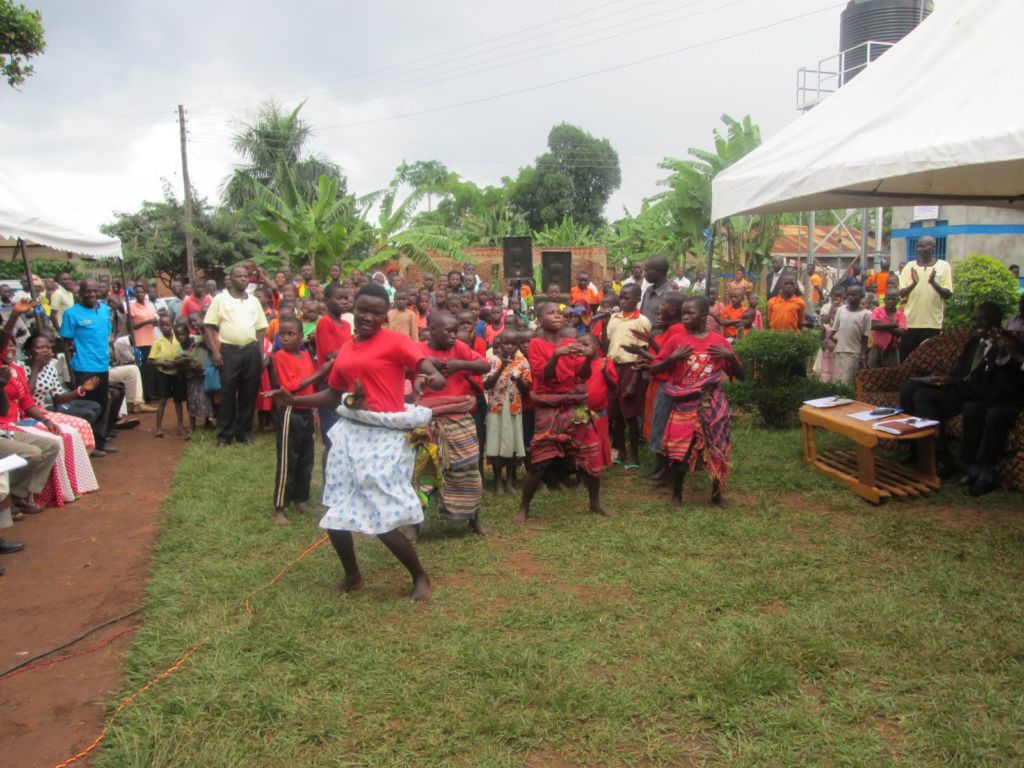
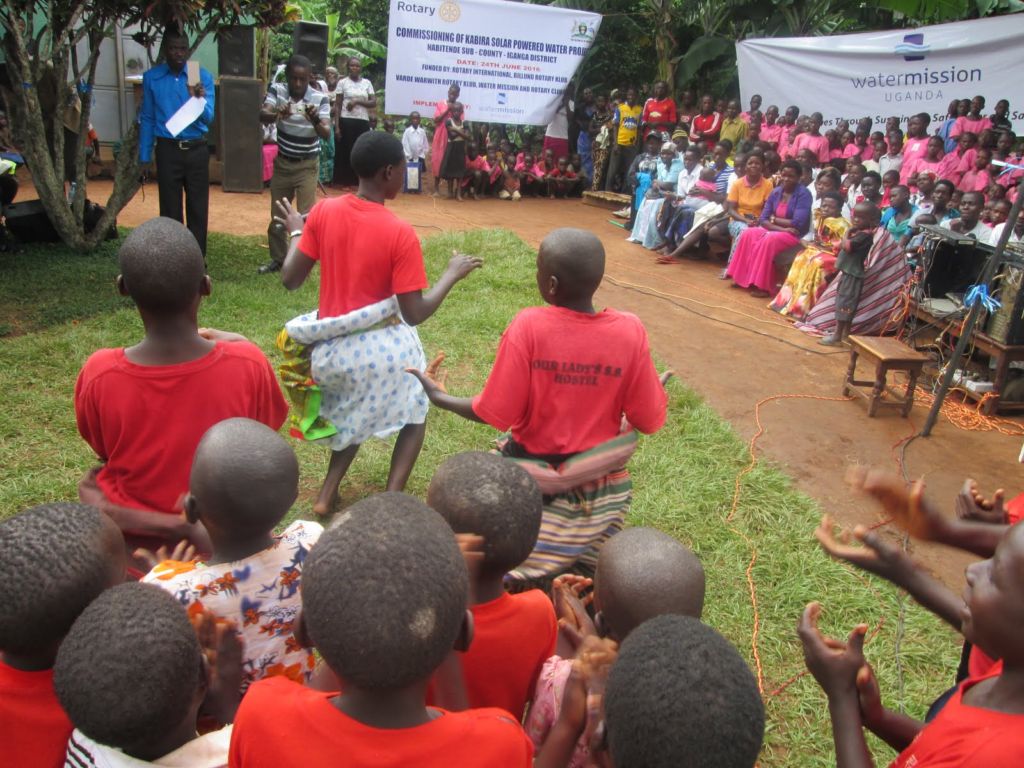 The community of Kabira celebrates the commissioning of the safe water project.
The community of Kabira celebrates the commissioning of the safe water project.
Today, children attend school and have ample time for their studies. They are free from the fear of violent bullying at the borehole.
“Before this project came into the community, children used to worry so much because of the need for safe water: how they were going to fetch it, the time they were going to take to fetch it, the hardships or fightings they were going to face, the rape, and the dangers associated with it – HIV/AIDS, early pregnancies, and dropping out of school. All these contributed to poor performance in school. Because of this project, there is now a change, the worries have gone.”
- Nabirye Sylister Isoga, widowed grandmother of a young girl
Additionally, “Marriages are now stabilizing,” says Mutesi Flowrence, local housewife and mother of eight, “and everyone is happy, because we used to suffer for getting water which was not even safe for drinking.” Kabiran families have tasted safe water for the very first time, and they will never have to turn back.
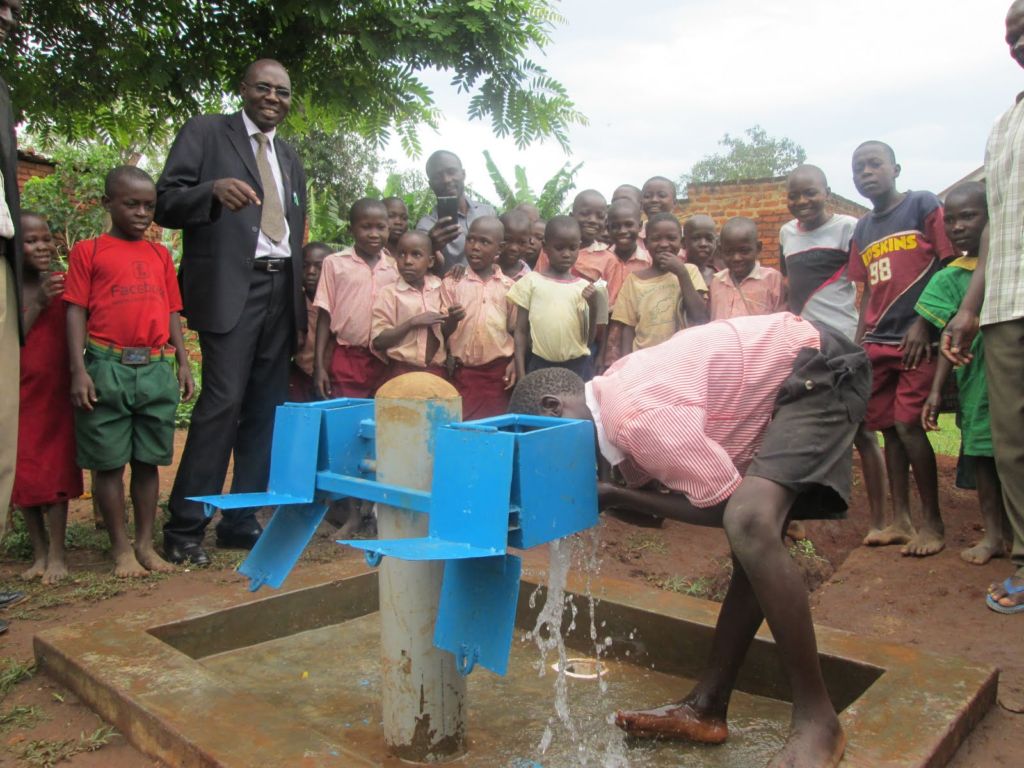
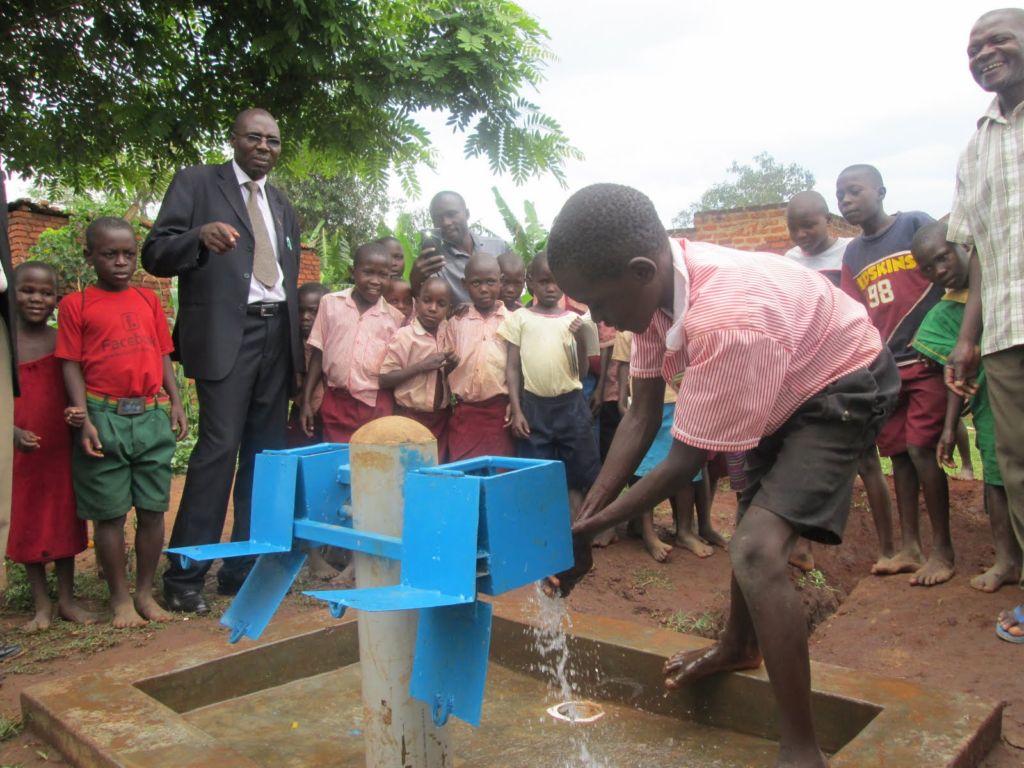 Safe water for Kabira today, tomorrow, and forever.
Safe water for Kabira today, tomorrow, and forever.
Small business owners like Namaganda Annet are able to thrive because of the money and time restored to them through the provision of safe water. Namaganda is finally able to save and invest in the future of her business and her eight children, because she is no longer required to pay inordinate sums of money for water from external sources. Local Council Chairman Isabirye Wilber, father of ten, explained the critical role water plays in his community’s development by pointing out that safe water creates a chain reaction. In Kabira, he said, it will spur investment in reliable roads and electricity systems, which will help the town to “grow and attract more investors” going forward.
“If I had not [already] named my child, I would have named him Water or Mission,” exclaims Naigaga Deborah, mother of six. Never again will Naigaga and her family suffer from diseases caused by unsafe water. Never again must she anxiously await the return of her children from the borehole, hoping that they will not be the next victims of violence in the queue. Never again will she fear domestic abuse in her home because of the amount of time spent gathering unsafe water. Safe water changes everything.
GIVE SAFE WATER TODAY
Mackenzie Schiff is the Media Relations Intern at Water Mission. She attends College of William & Mary in Williamsburg, Virginia.
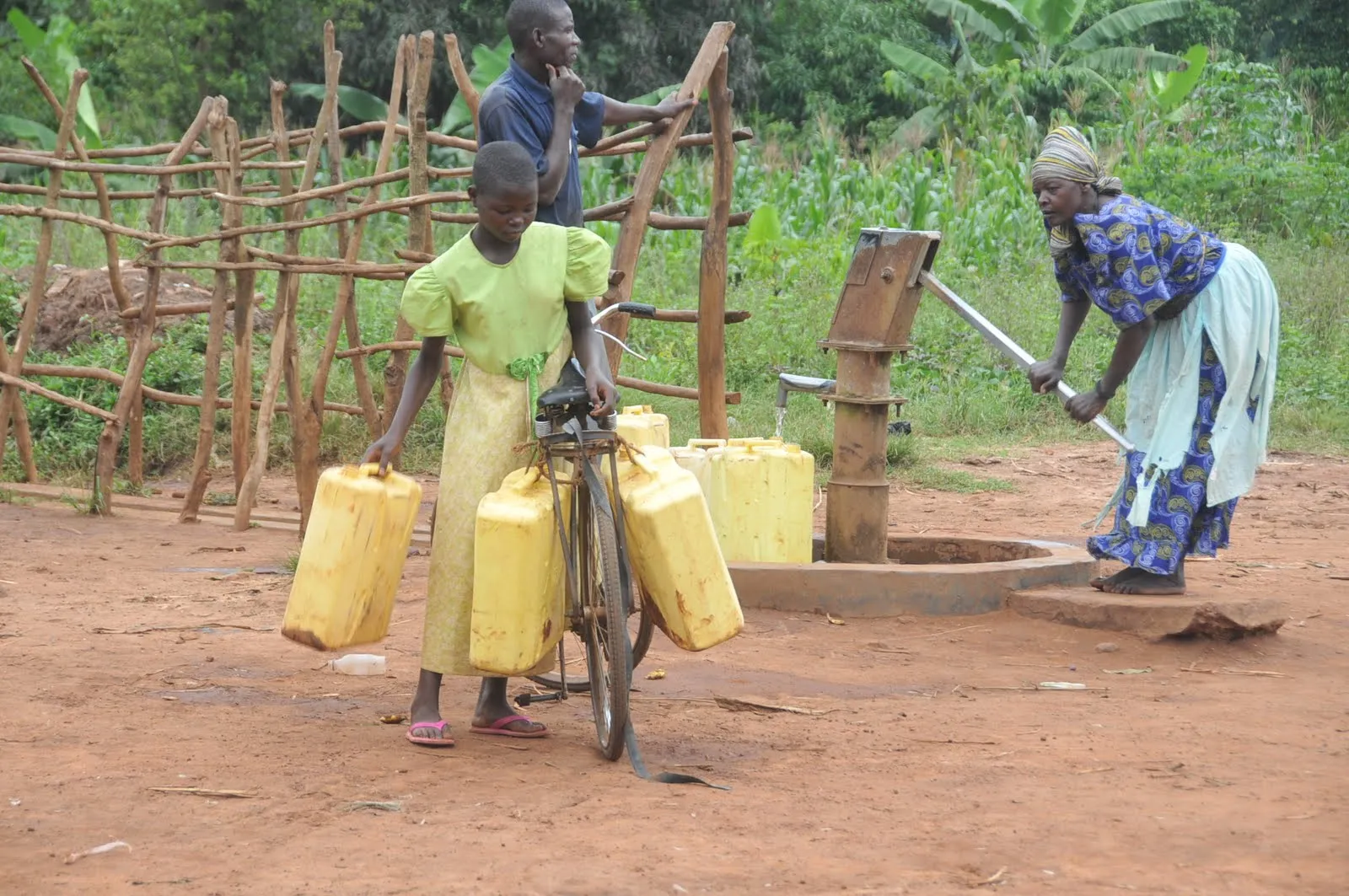

 Children gather water from local sources in Kabira before the safe water project.
Children gather water from local sources in Kabira before the safe water project.
 The community of Kabira celebrates the commissioning of the safe water project.
The community of Kabira celebrates the commissioning of the safe water project.
 Safe water for Kabira today, tomorrow, and forever.
Safe water for Kabira today, tomorrow, and forever.